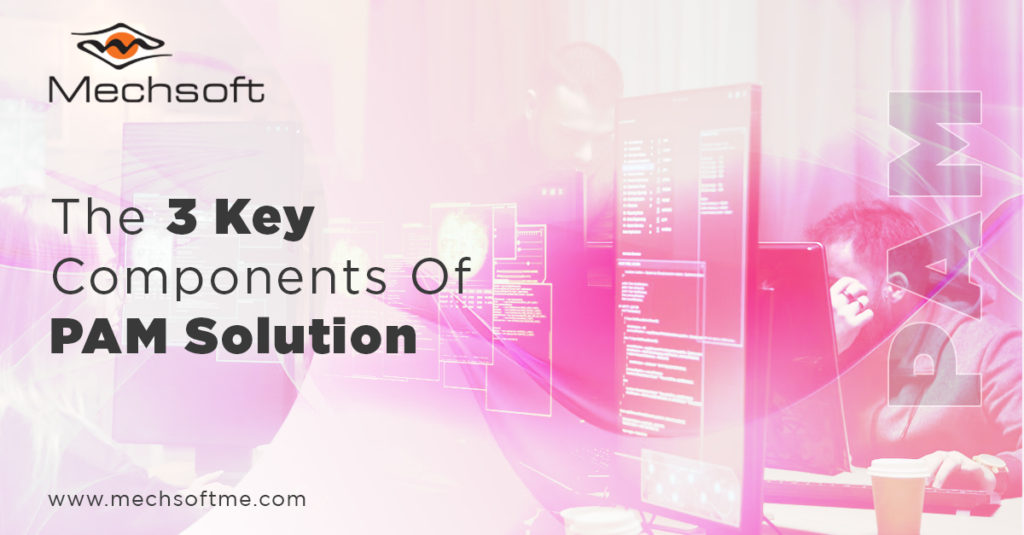Table of Contents
Privilege management is an essential aspect of cybersecurity that involves controlling and regulating access to sensitive or confidential data, systems, and resources. It is crucial to ensure that only authorized personnel can access critical data or make important decisions. Privilege management can be categorized into three primary areas, which are discussed below with real-life examples:
Access Management
Access management involves managing access to sensitive data, systems, and resources. It includes creating user accounts, assigning access levels, and controlling user rights to perform specific actions.
Access management ensures that only authorized users can access confidential data or resources. It is also used to manage access to physical locations such as buildings, data centres, or server rooms.
In 2017, the credit reporting agency Equifax suffered a massive data breach that exposed the personal information of millions of customers.
The breach was caused by a vulnerability in a web application that could have been prevented if proper access management practices had been in place. Equifax was heavily criticized for its lax security measures, and it suffered severe reputational and financial damage.
Access management is widely used in businesses, where employees are granted access to various systems, data, and resources based on their job roles and responsibilities.
For instance, a company may have different levels of access for managers, executives, and regular employees. This ensures that only authorized personnel can access confidential data and make important decisions.
Additionally, access management is also instrumental in reducing operational costs associated with managing user accounts.
It minimizes the likelihood of security incidents stemming out of unauthorized accesses that can be costly to remediate. Likewise, access management pushes productivity by ensuring appropriate access to users, and reducing time on unnecessary access requests.
Authorization Management
Authorization management involves defining and enforcing policies that determine what users are allowed to do with the resources they have access to. It includes setting up policies and rules that govern user behaviour and control the actions they can take.
Authorization management ensures that users can only perform authorized actions and prevent unauthorized access to sensitive data or resources.
In 2019, the American Medical Collection Agency (AMCA) suffered a data breach that exposed the personal information of millions of patients. The breach was caused by a lack of authorization management, as hackers were able to gain access to sensitive data by exploiting a vulnerability in the company’s web application.
Authorization management is widely used in healthcare, where access to sensitive patient information is highly regulated. Healthcare providers are required to comply with HIPAA regulations, which specify strict rules for managing access to patient data.
Likewise, authorization management helps organizations comply with other regulatory requirements, such as GDPR, PCI, DSS, etc., which mandate strict controls over access to sensitive data and systems.
Authorization management ensures that only authorized personnel can access patient data, and they can only perform authorized actions, such as viewing or updating patient records.
It also reduces the risk of insider threats and ensures that users are only granted access to the resources they need to perform their job functions, minimizing the risk of accidental or intentional misuse.
Also Read Benefits Of PAM
Audit and Compliance Management
Audit and compliance management involves monitoring user activity and ensuring that it complies with internal policies, industry regulations, and legal requirements. It includes tracking user actions, analyzing data, and generating reports to identify potential risks and vulnerabilities. Audit and compliance management helps organizations identify and mitigate potential security threats.
In 2018, the credit card company Capital One suffered a data breach that exposed the personal information of millions of customers.
The breach was caused by a lack of audit and compliance management, as the company failed to detect a vulnerability in its cloud infrastructure. The incident resulted in significant reputational and financial damage to the company.
Audit and compliance management is widely used in financial institutions, where strict regulations govern how customer data is managed and protected. Financial institutions are required to comply with regulations such as PCI DSS, which specify rules for managing payment card information.
Audit and compliance management ensure that financial institutions comply with these regulations and identify potential security risks.
The biggest benefit of enhanced audit and compliance management in your privilege management is ensuring accountability for each and every regular and irregular, normal and abnormal activity within the IT ecosystem.
Likewise, consistent audit and compliance review helps identify areas of improvement and take necessary steps to function optimally.
Leading PAM Solution Provider In UAE
Mechsoft Technologies is a leading cyber security solution provider in UAE with a team of highly qualified experts to solve cyber security problems. Mechsoft has a top-notch PAM solution designed to help businesses in UAE to safeguard critical data and assets from unauthorized access.
They fulfill organization requirements and cater to specific needs to prevent cyber attacks. Furthermore, they provide customer support and after-sales service. As businesses continue to grow in a data-oriented industry, every organization needs access management solutions.



